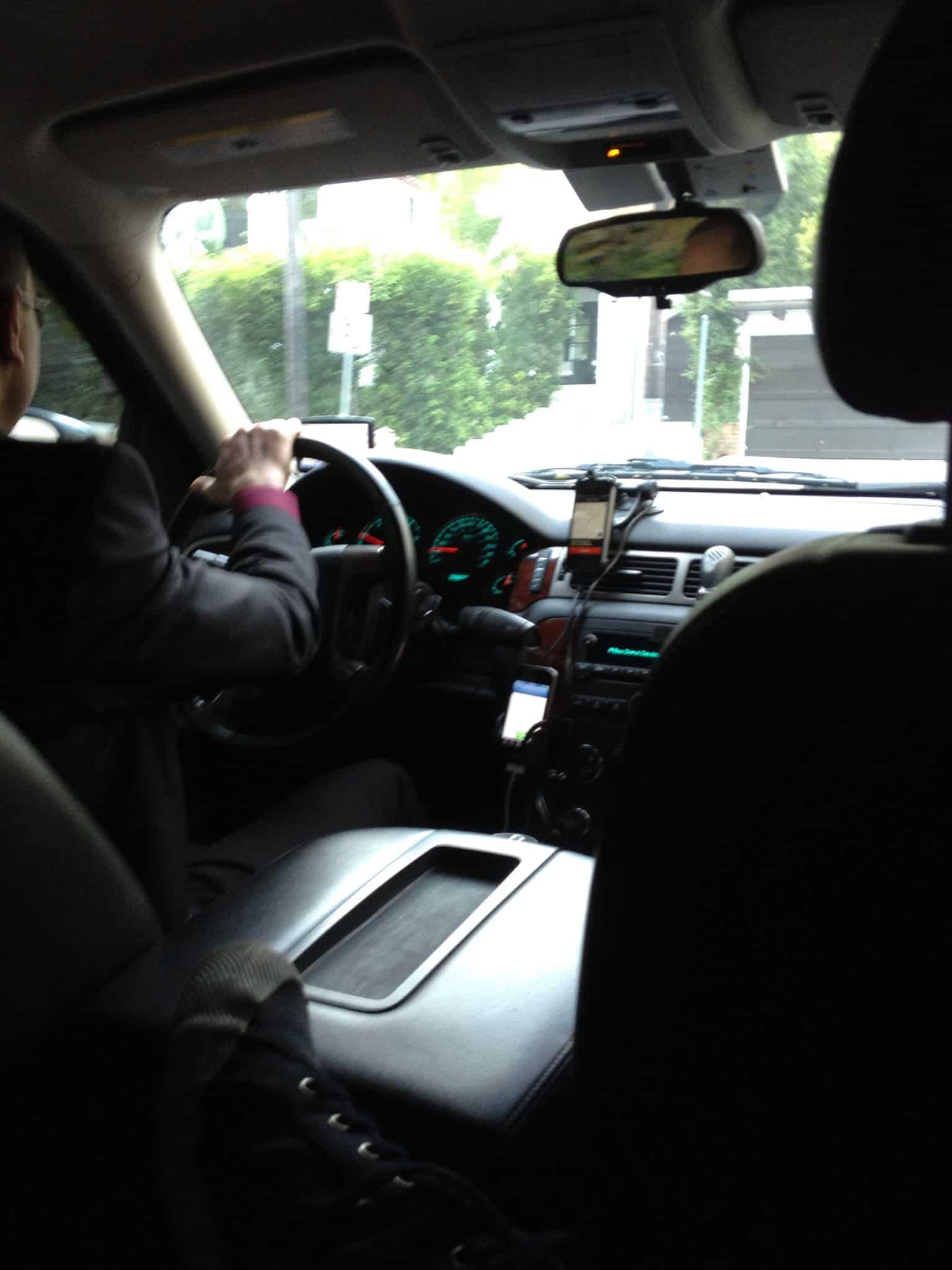Maxwell Ulin is a student at Harvard Law School.
Approximately 1.1 million Americans filed for unemployment within the last week, a marked increase from the start of August. The new numbers come amidst a legislative stalemate between House Democratic lawmakers and the President over an extension of booster unemployment benefits, previously set at a flat rate of $600 per week. Many Republicans object that the previous benefit amount discouraged work by exceeding many recipients’ average weekly wages prior to the pandemic—a fact which, more than anything, reflects the paltry sums many Americans were earning before the shutdown.
President Trump issued an executive order shortly after expanded benefits’ expiration last month, allowing states to disburse $400 a week in booster benefits instead. However, these extra payments may only cover workers for as little as three weeks, as state and federal officials are already struggling to scrounge together the funds to support the program without congressional approval. Since states are required to foot one fourth of the cost of the executive order, many are finding themselves simply unable to afford participating, while still others are experiencing long delays in transmitting benefits. These troubles arise as early warning signs suggest that current pandemic-induced economic malaise may be turning into a longer-term recession.
A report released this Tuesday from the Occupational Safety & Health Administration’s (OSHA) internal watchdog revealed a spike in workplace whistleblower complaints during the pandemic, while showing even less action than usual to address them. Much of this has to do with a growing staff shortage at the agency, which now has fewer inspectors than any prior time in its history. Indeed, the agency’s failure to investigate whistleblower issues speedily mirrors a broader decline in OSHAct enforcement during the Trump administration. In the absence of agency oversight, Sharon argues with the Ford Foundation’s Rachel Korberg for enabling employee participation in their workplace’s health planning processes with management. Indeed, as NYU’s Jacob Leibenluft notes in Foreign Affairs, worker power appears to have played a crucial role across numerous countries in preventing the spread of COVID-19, as employees were able to advocate for tough preventive measures early.
Despite the increased need for labor organizations during the pandemic, many labor advocates are uncertain whether unions will thrive in the wake of recent pandemic-related organizing or experience a hastened decline. Indeed, despite the recent increase in activism, a decline in first-year contract bonuses this quarter and last reflects an overall reduction in union leverage during the shutdown.
As Ben and Veena noted yesterday, Uber and Lyft have recently begun publicly brainstorming new ways to avoid granting employee status to their drivers. Facing a recent state court order to reclassify them as employees, the companies have proposed shifting to a franchise-like model in California or simply pulling out of the state altogether until the November election, when a company-backed measure to exclude drivers from the state’s new employee law comes before the voters. California Attorney General Xavier Becerra turned up the pressure on the companies yesterday when he asked the court of appeals to deny the rideshare giants’ request to delay the order, which is set to go into effect tonight. Uber and Lyft are also coming under fire in Massachusetts, where State Attorney General Maura Healey has filed a similar lawsuit alleging employee misclassification under the state’s similar employee law. In New York, New Jersey, and Pennsylvania, as well, courts have found that rideshare drivers are employees for purposes of state unemployment benefits. Commentators have also begun to sour on gig economy businesses generally; this week, Massachusetts Senator Elizabeth Warren and prominent labor lawyer Shannon Liss-Riordan penned an op-ed advocating for the application of California’s ABC employee test to gig economy jobs nationwide.
This week, the California Assembly’s Appropriations Committee is set to take up yet another ambitious piece of workers’ rights legislation, this time to crack down on wage theft in the garment industry. The bill, S.B. 1399, requires that all garment workers be paid hourly, as opposed to the traditional piece-rate, which in practice has long allowed employers to skirt hourly minimum wage laws. Crucially, the bill also establishes a new category of companies called “brand guarantors”—namely, brand-name retailers who contract with garment makers—and makes them jointly and severally liable for wage theft committed by their contracting manufactures. This element of the measure could make collecting damages far easier for aggrieved employees by allowing them to recover from wealthier brand-named businesses. Advocates also expect it to incentivize brand names companies, which hold the lion’s share of power in garment supply chains, to police manufacturers for wage theft. Many high-profile brands, such as Forever 21 and Khloe Kardashian’s Good American, have reportedly contracted with local garment businesses known to have stolen from their workers.





Daily News & Commentary
Start your day with our roundup of the latest labor developments. See all
April 19
Alabama and Louisiana advance anti-worker legislation; Mercedes workers in Alabama set election date; VW Chattanooga election concludes today.
April 18
Disneyland performers file petition for unionization and union elections begin at Volkswagen plant in Tennessee.
April 18
In today’s Tech@Work, a regulation-of-algorithms-in-hiring blitz: Mass. AG issues advisory clarifying how state laws apply to AI decisionmaking tools; and British union TUC launches campaign for new law to regulate the use of AI at work.
April 17
Southern governors oppose UAW organizing in their states; Florida bans local heat protections for workers; Google employees occupy company offices to protest contracts with the Israeli government
April 16
EEOC publishes final regulation implementing the Pregnant Workers Fairness Act, Volkswagen workers in Tennessee gear up for a union election, and the First Circuit revives the Whole Foods case over BLM masks.
April 15
The Supreme Court ruled in favor of bakery delivery drivers in an exemption from mandatory arbitration case; A Teamsters Local ends its 18-month strike by accepting settlement payments and agreeing to dissolve